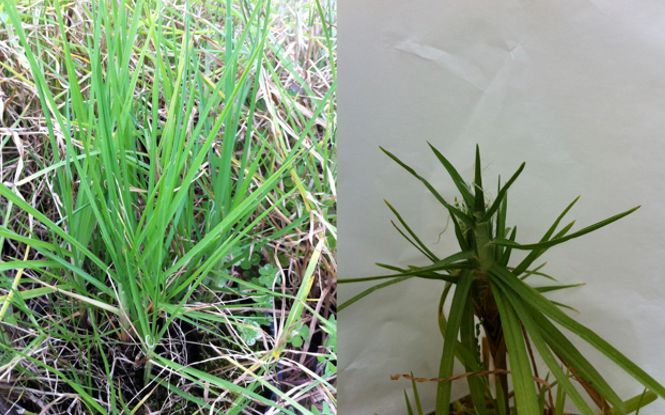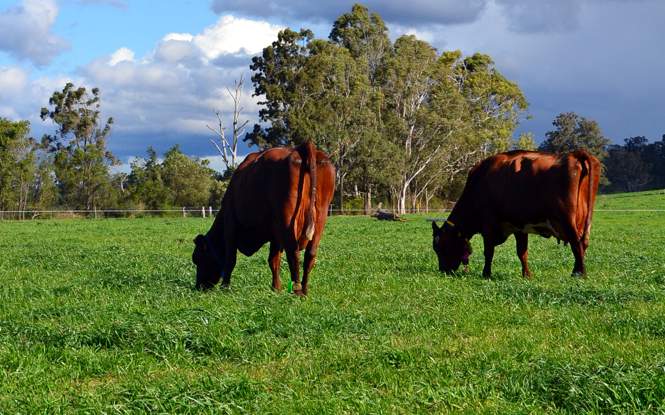
You can help
if you are interested in this project or think you may want to be involved at some stage, please contact anyone from the team here:
Team Leader:
- Richard Trethowan – The University of Sydney – richard.trethowan@sydney.edu.au
Project Team:
- Amit Singh – USyd – amit.singh@sydney.edu.au
- Percy Wong – USyd – percy.wong@sydney.edu.au
- Vivien Tan – USyd – (PhD Student) – jtan5190@uni.sydney.edu.au
- Md Rafiq Islam – USyd – md.islam@sydney.edu.au
- Martin Correa Luna – USyd – martin.correa.luna@sydney.edu.au
Why is this important?
Kikuyu grass is a C4 grass adapted to both the tropics and temperate climates. It is fast growing and produces more dry matter of higher quality than most C4 grasses. However, the last kikuyu pasture cultivar that was released for grazing (Whittet) was developed more than 40-years ago. The University of Sydney in collaboration with Hatton’s Turf Research has been breeding improved kikuyu grasses for more than 15-years. These new materials have greater biomass production, tolerance to salinity and drought and represent significant new diversity for nutritional factors. Given that Australia’s pasture lands are increasingly subject to moisture stress and warmer temperatures, this climate ready pasture could provide greater flexibility to the animal industries including dairy.
The industry issue: Current kikuyu pasture cultivars are limited in adaptation, nutritional quality and scope. However, the extent of adaptation in the new materials developed by the University of Sydney and Hatton’s remains largely untested in most dairy producing areas. The nutritional status of these materials when grown in a broader range of environments is also untested. Such information could lead to the release of improved pastures and will provide a basis for continued breeding and selection.
Our aim is to explore and evaluate promising lines of Kikuyu that have been selected for increased biomass production and tolerance to salinity and drought.

Dairy cows grazing Kikuyu-based pastures near Camden, NSW
Our approach and methods…
Thirteen distinct kikuyu genotypes property of Hatton Turf Research Pty Ltd (Theresa Park, NSW), plus two commercially available varieties (controls) have been evaluated in small replicated plots at the Plant Breeding Institute in Cobbitty. The plots were exposed to natural conditions. Soil nutrient/moisture and daily weather were assessed throughout the experimental period (using tiny tags at remote locations). Plots were cut for biomass assessment at key periods of the year and rate and extent of re-growth assessed. Materials were screened for nutritive value in addition to local adaptation. Concurrent pot studies were conducted in a hydroponic system at PBI for more detailed assessment of nutritive traits including NDF, ADF, CP, IVDMD and NDFD. The same traits were assessed in the field at both locations for comparison and determination of stability.
Update August 2023:
Three new Kikuyu genotypes have been identified for further screening. They will be sown in replicated small plot field trials at several locations in NSW, including PBI Cobbitty. The same suite of traits will be assessed at each location. Based on these results, replicated strip trials of at least 2 genotypes will be established at 6 locations in NSW with grazing permitted in year three and four. Superior genotypes suitable for commercialisation will be identified for multiplication and dissemination by year four.
For more information contact
Prof. Richard Trethowan (richard.trethowan@sydney.edu.au) at the University of Sydney’s Plant Breeding Institute (Sydney Institute of Agriculture)
This research is funded by the DairyUP initiative (https://www.dairyup.com.au/) and it is expected to benefit all farmers with kikuyu pastures.
